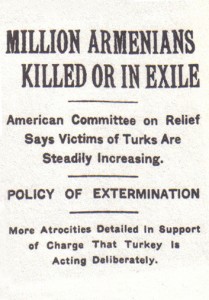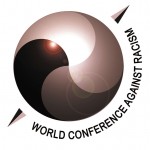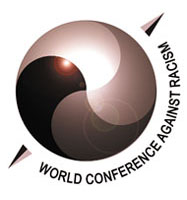Sun 8 Mar, 2009
The Armenian genocide and historical amnesia
Comment now Filed under: History| Tags: Armenia, Armenian genocide, Genocide, Turkey |
 One of the main themes of Traces of the Trade is the historical amnesia affecting memories of slavery and the slave trade in the United States, especially in the North.
One of the main themes of Traces of the Trade is the historical amnesia affecting memories of slavery and the slave trade in the United States, especially in the North.
It’s not just that far too many Americans do not know the basic history of slavery in our country, and therefore the extent of its legacy today. All too often, Americans are secure and confident in their knowledge of a version of history which is demonstrably false: that slavery was primarily a southern, agricultural phenomenon; that slavery was not economically important in the North; that an abolitionist North fought to end slavery; and that slavery’s economic impact died out after the Civil War.
There is an article in tomorrow’s edition of the New York Times which reports on lingering amnesia about another historical atrocity: the Turkish genocide in Armenia during World War I.



